Category: Health Predispositions
-
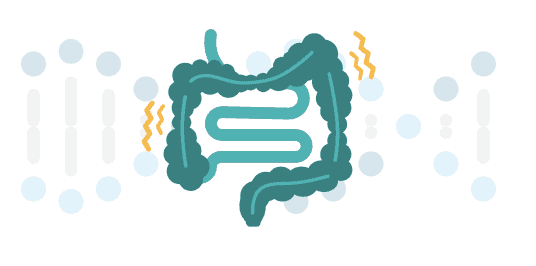
Is Irritable Bowel Syndrome Genetic?
Explore IBS and what your DNA can tell you What is irritable bowel syndrome (IBS)? Irritable bowel syndrome, or IBS, is a disorder that impacts the large intestine. It causes symptoms like abdominal pain, cramping, bloating, gas, and changes in bowel movements, including diarrhea, constipation, or both. The cause of IBS is not well understood.…
-

Are Basal and Squamous Cell Skin Cancers Genetic?
Explore Basal and Squamous Cell Carcinoma and what your DNA can tell you What are basal and squamous cell skin cancers? Basal cell carcinoma (BCC) and squamous cell carcinoma (SCC) are the two most common types of skin cancer. They begin in basal cells and squamous cells, which are found in the outer layer of…
-
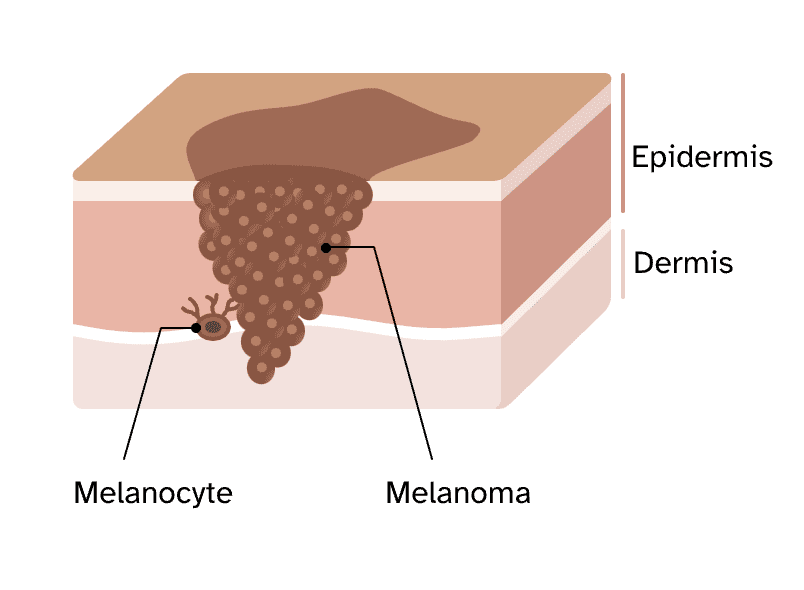
Is Melanoma Genetic?
Explore Melanoma and what your DNA can tell you What is melanoma? Melanoma is the most serious type of skin cancer. It begins in melanocytes, which are cells that make melanin — the pigment that gives the skin its color. The most common cause of melanoma is too much exposure to ultraviolet (UV) light from…
-

Is Diverticulitis Genetic?
Explore Diverticulitis and what your DNA can tell you What is diverticulitis? Especially as people age, weak spots in the intestinal tract give way to form small pouches or sacs. These pouches are called “diverticula.” (One pouch is called a “diverticulum.”) Scientists don’t know exactly why these pouches form, but it is likely due to…
-

Is Severe Acne Genetic?
Explore Severe Acne and what your DNA can tell you What is severe acne? Severe acne is a common skin condition that occurs when hair follicles in the skin become clogged with oil, bacteria, and dead skin cells. This can lead to many deep and painful types of pimples along with many whiteheads and blackheads.…
-

Is Gestational Diabetes Genetic?
Explore Gestational Diabetes and what your DNA can tell you What is gestational diabetes? Gestational diabetes mellitus, commonly known as gestational diabetes, is a form of diabetes that starts during pregnancy. During pregnancy, the body produces high levels of certain hormones that impair the body’s response to insulin, resulting in increased blood sugar levels. After…
-
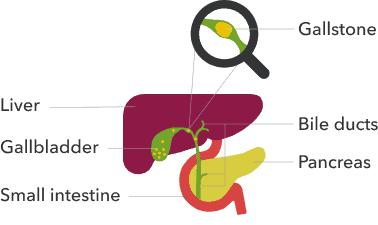
Are Gallstones Genetic?
Explore Gallstones and what your DNA can tell you What are gallstones? The gallbladder is a small, pouch-like organ underneath the liver that stores bile, a fluid that helps digest fats in the small intestine. Gallstones are solid, pebble-like masses that form in the gallbladder and are typically classified into two types depending on their…
-
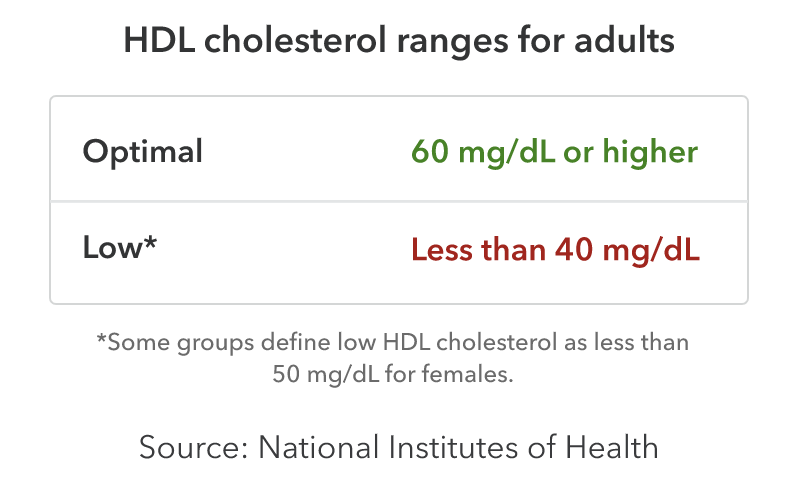
Is HDL Cholesterol Genetic?
Explore HDL Cholesterol and what your DNA can tell you What is HDL cholesterol? High-density lipoprotein (HDL) cholesterol is a waxy substance made of fat and protein molecules that circulates in the blood. HDL cholesterol picks up “bad” LDL cholesterol from the blood and carries it back to the liver where it is broken down…
-
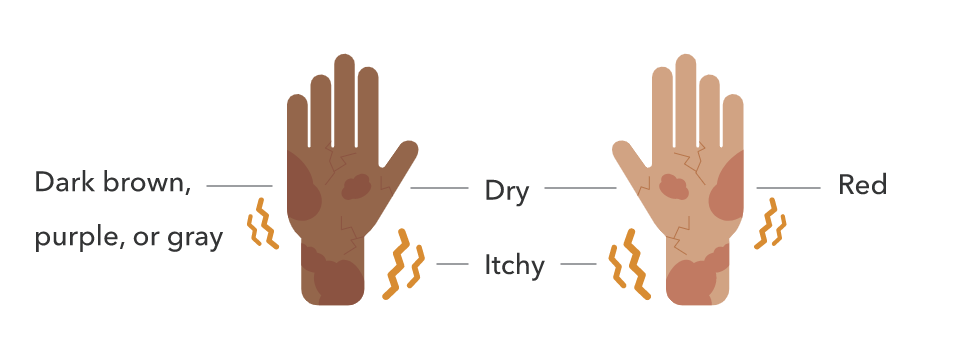
Is Eczema Genetic?
Explore Eczema and what your DNA can tell you What is eczema? Eczema is a skin condition that causes dry, discolored, and itchy skin. People with eczema are more likely to get skin infections and are more likely to develop asthma and allergies. Atopic dermatitis (AD) is the most common type of eczema, and the…
-
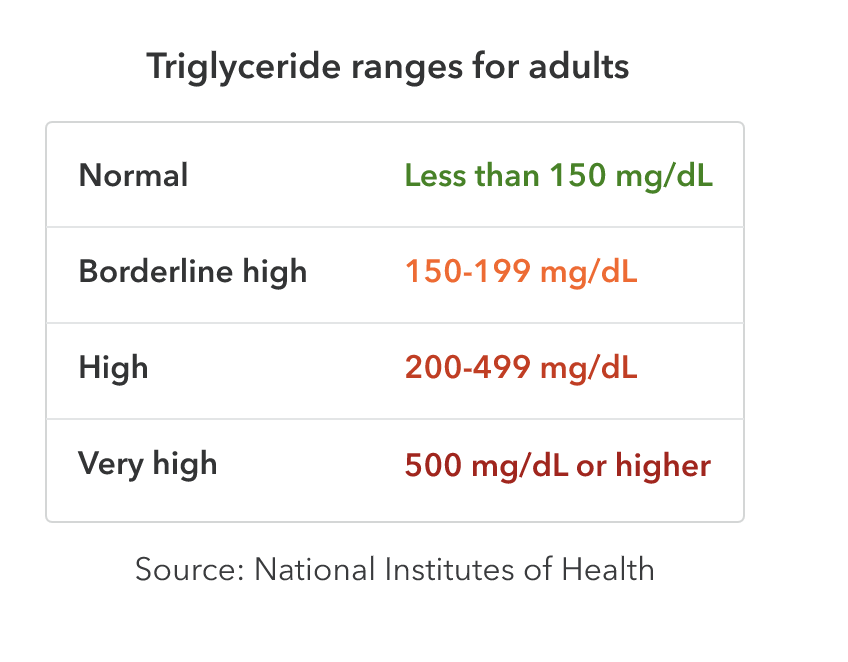
Are Triglycerides Genetic?
Explore Triglycerides and what your DNA can tell you What are triglycerides? Triglycerides are a form of fat, or lipid. They are produced by the body when you consume more calories than are needed. The energy from these excess calories is stored inside cells in the form of triglycerides until it is needed. Triglycerides are…